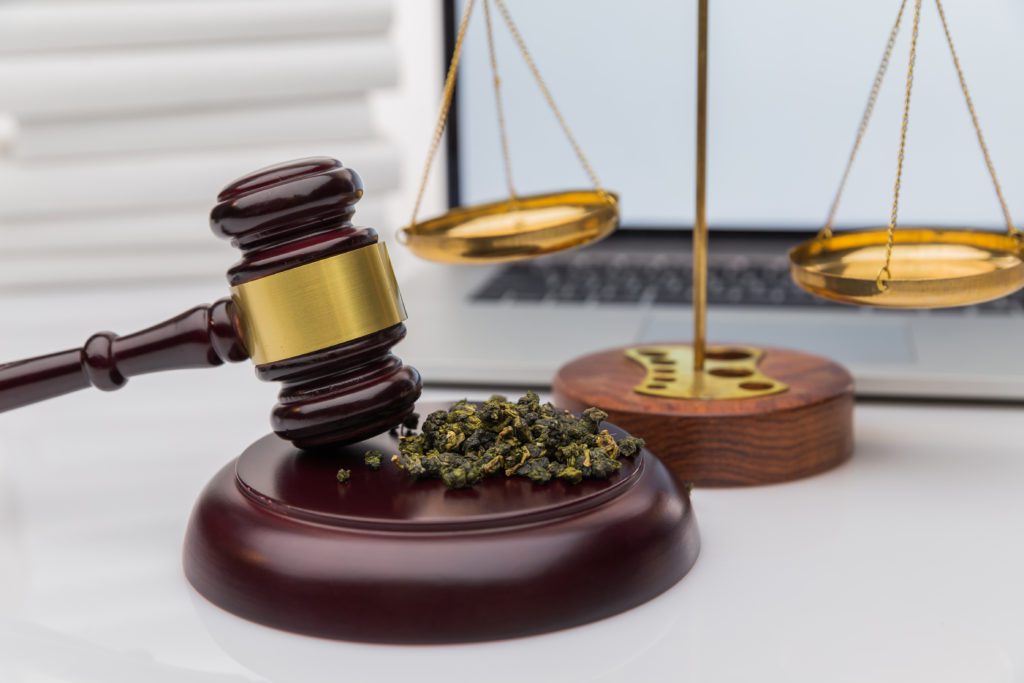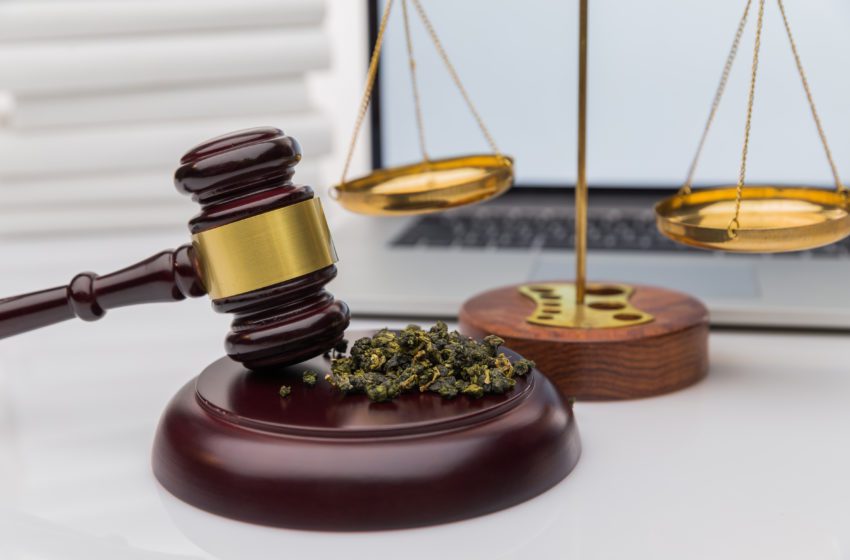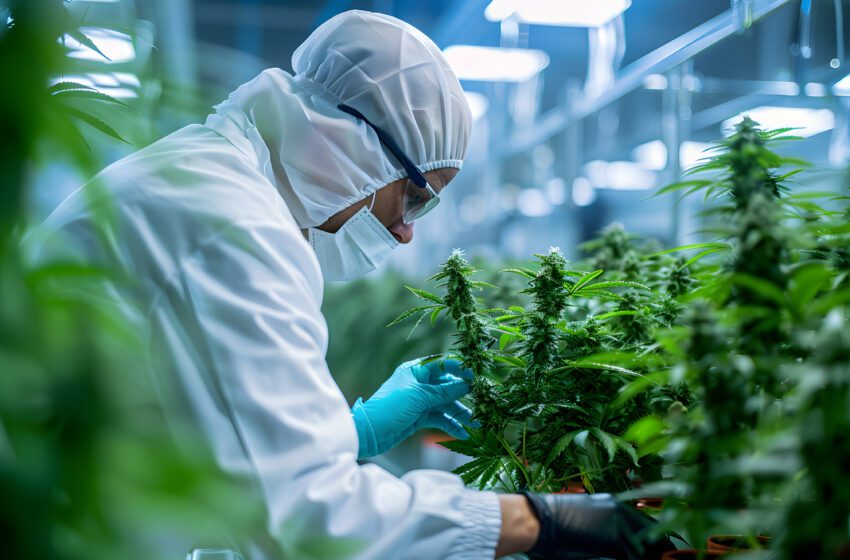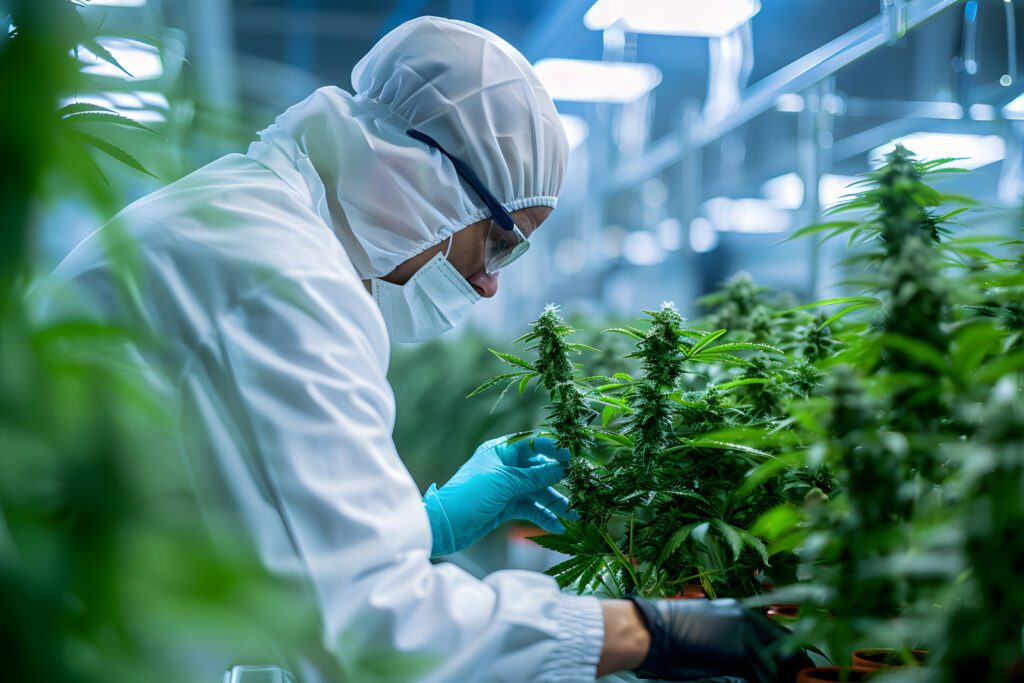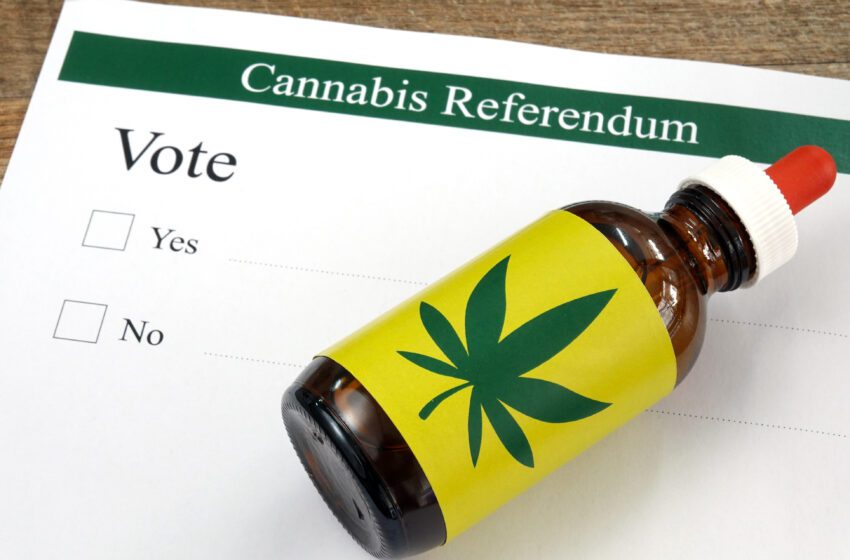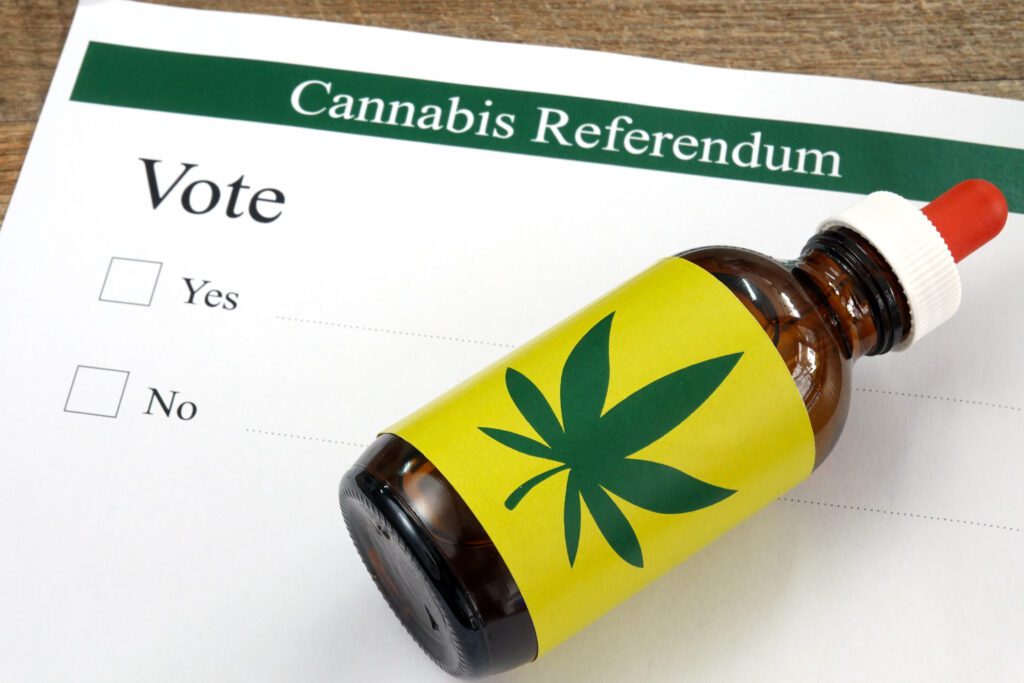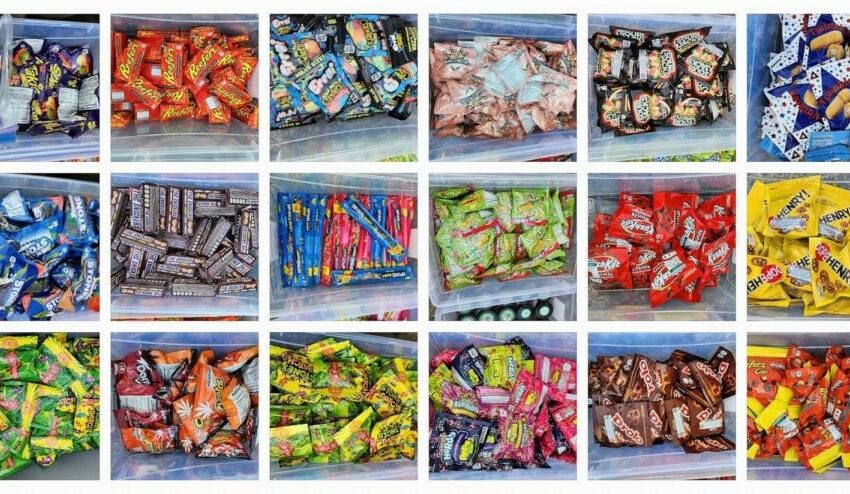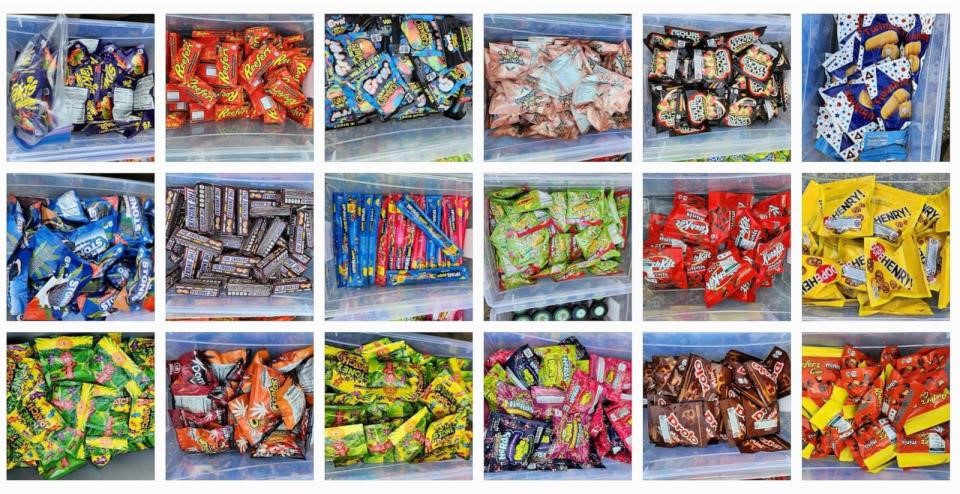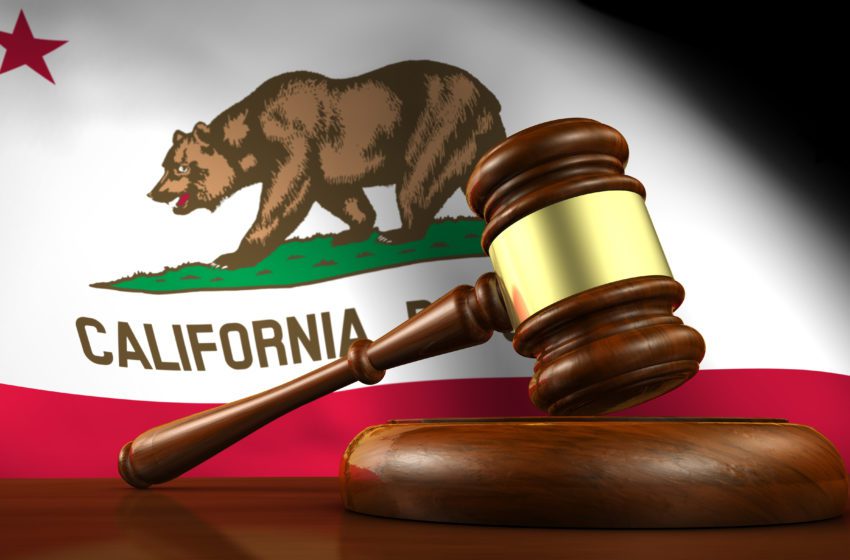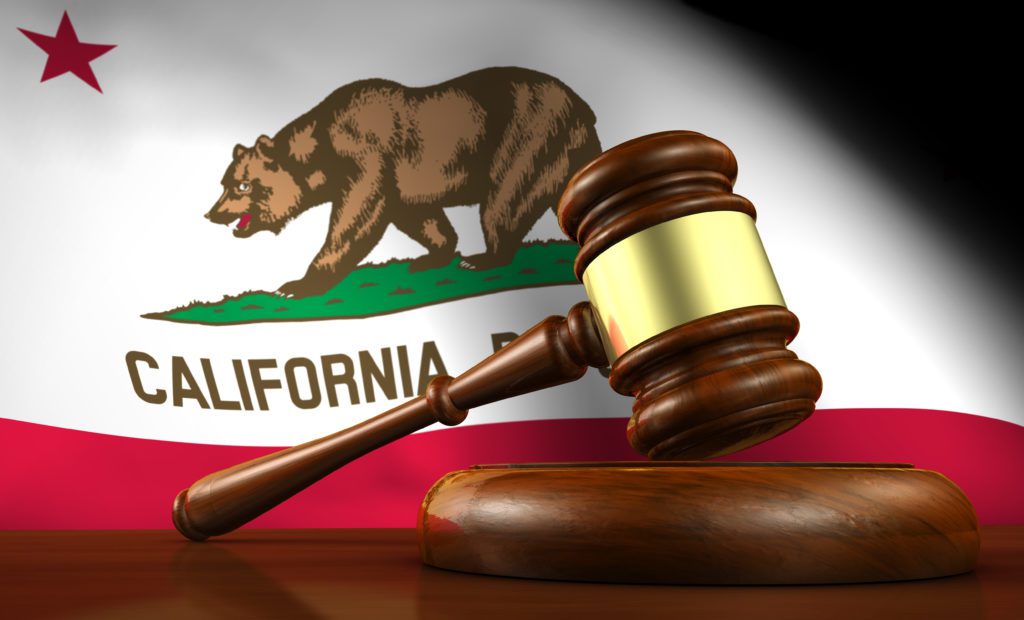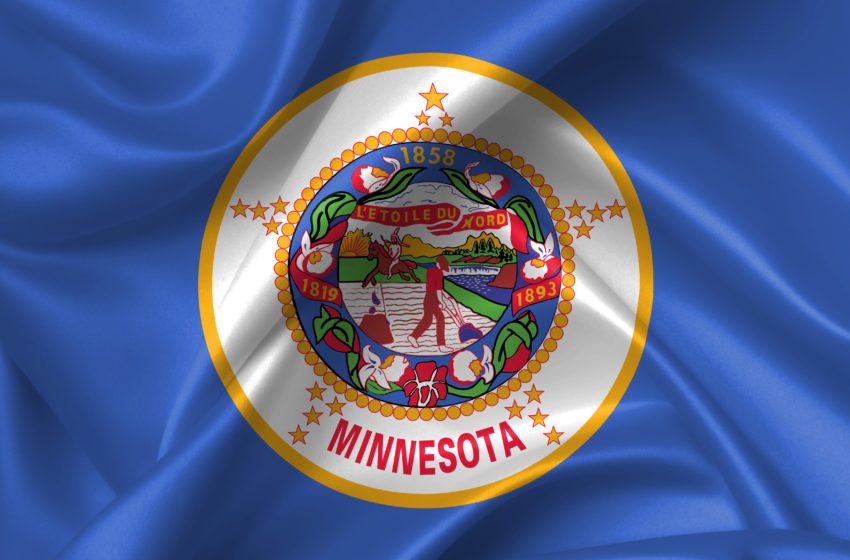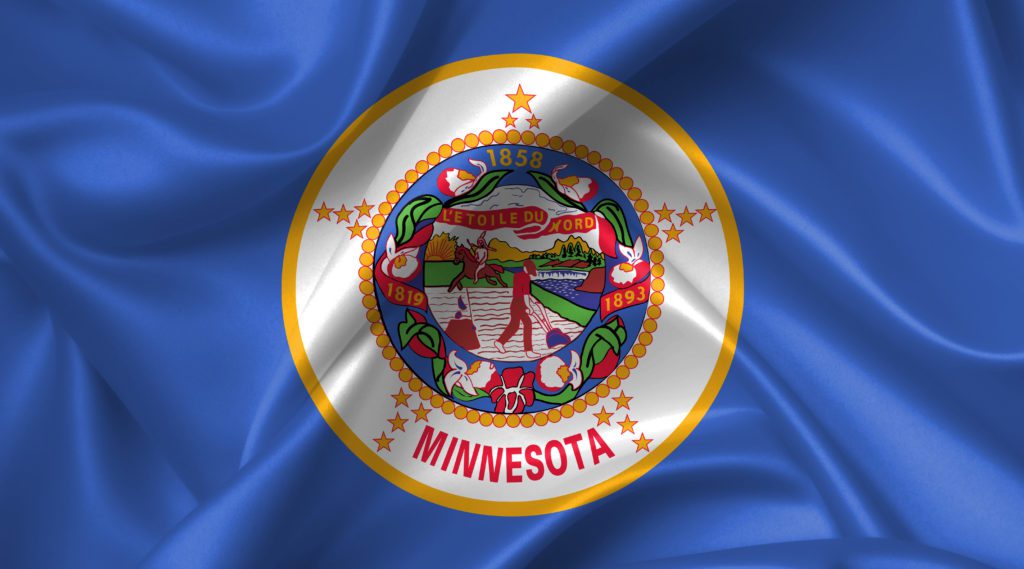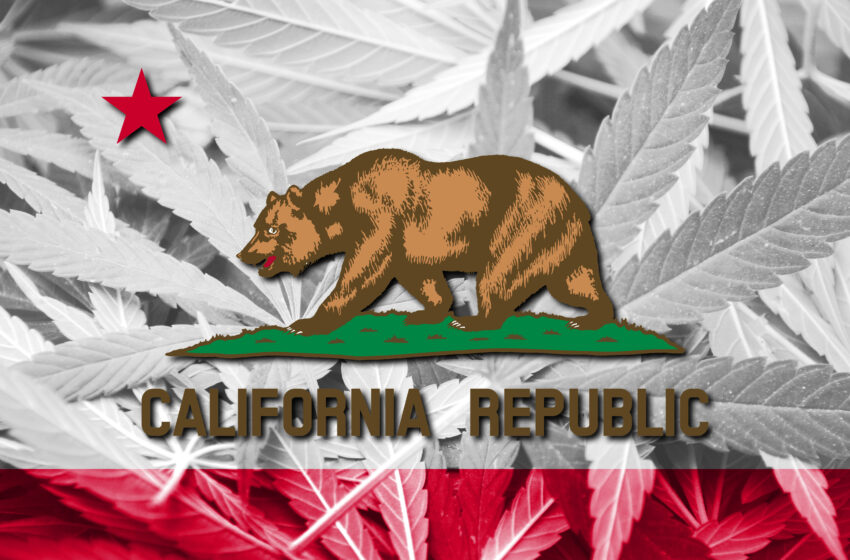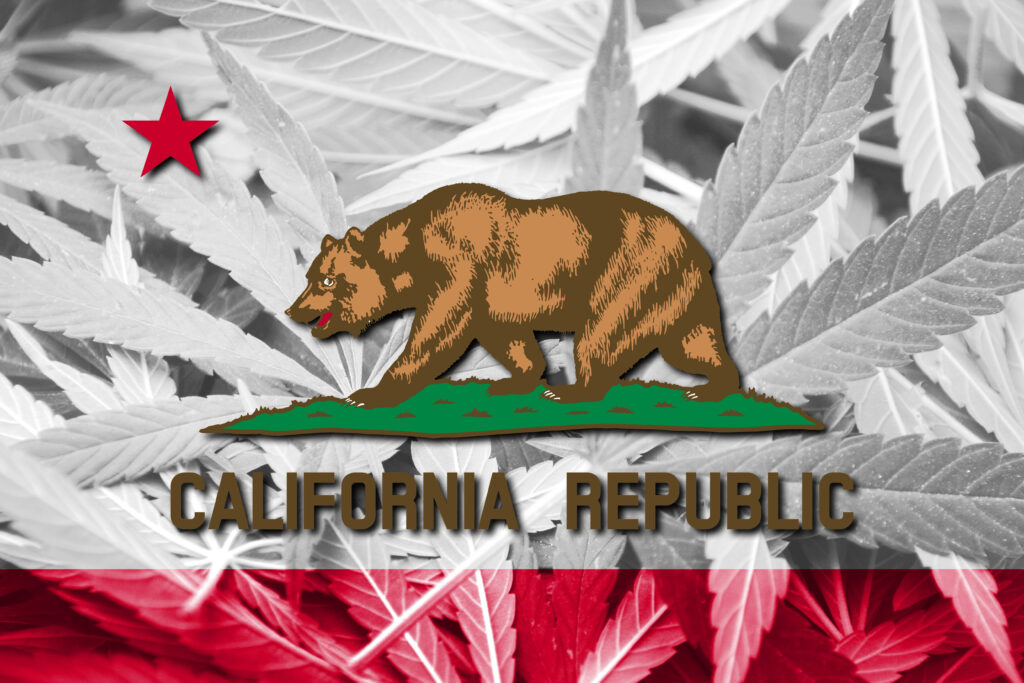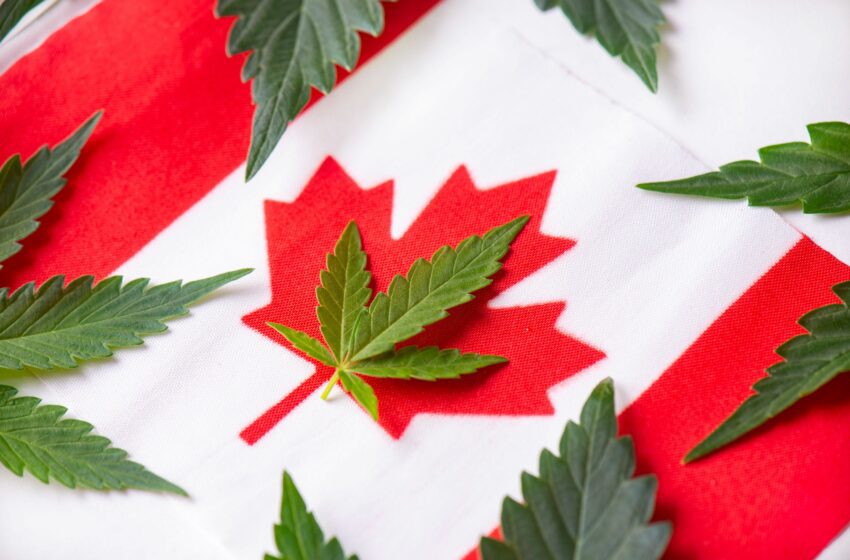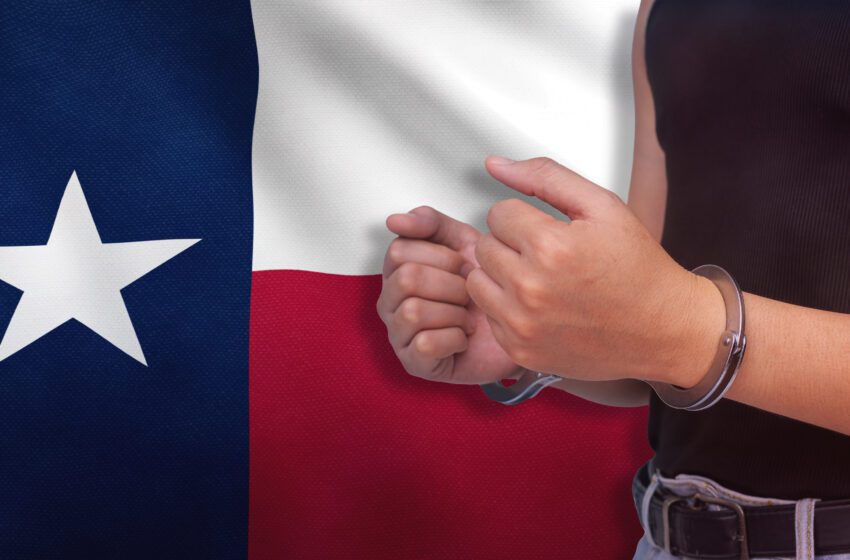Police in Allen, Texas, secured up evidence and marched out business owners in handcuffs for selling what attorneys for the vape shops say are legal products. In a coordinated raid, police invaded nine locations simultaneously.
Allen police chief Steve Dye told media that the stores involved, more than a third of the vape shops within Allen city limits, were all caught marketing and selling products with illegal levels of THC. The THC compound can be derived from marijuana and hemp (both members of the cannabis family).
“We did multiple rounds of undercover operations, including sending minors in, and many of them were able to buy the THC underage. And then we started testing those products and we found that the vast majority of those products were well over the .3 percent,” he said.
Early Wednesday morning, an attorney representing some of the vape shops in a federal lawsuit against the DEA called the raids “legally questionable.”
“These local, family-owned businesses are operating legally. The Allen, Texas Police Department and the DEA overstepped their authority by destroying products, taking point-of-sale systems and records, and confiscating personal computers belonging to employees,” said David Sergi of San Marcos-based Sergi & Associates.
Pictures provided by the U.S. Drug Enforcement Administration, which assisted with the raid, show a bag of chips labeled “Doweedos”, cookies labeled “Trips Ahoy” and candy labeled “Medicated Skittles.”
“We’ve seen percentages of THC in the high teens, upwards of 60, 65 percent. That is almost toxic levels of THC when you think about it. And is that what somebody is expecting to get?” asked DEA Special Agent In Charge Eduardo Chavez.
The raids left owners and employees “traumatized,” according to Sergi, who also represents the Allen Hemp Coalition as well as eight of the nine shop owners. “We think it’s absolutely horrendous,” he told a media oulet.
Sergi said that when police sent a letter to businesses in May raising concerns, the stores voluntarily removed the products mentioned from their shelves. This time, he said, police chose a different approach.
“Rather than getting guidance and partnership from the Allen Police Department, we have gotten arrested, we have had clients whose stores have been destroyed, we have employees whose computers have been taken,” he said.
Sergi said that while there’s no law against selling hemp products to minors, many shops voluntarily choose not to.
When asked about the attorney’s comments, a spokesperson for Allen police said the department tried working with store owners, offering to provide advice about which products might pose a problem. Not all, he said, took them up on it.
